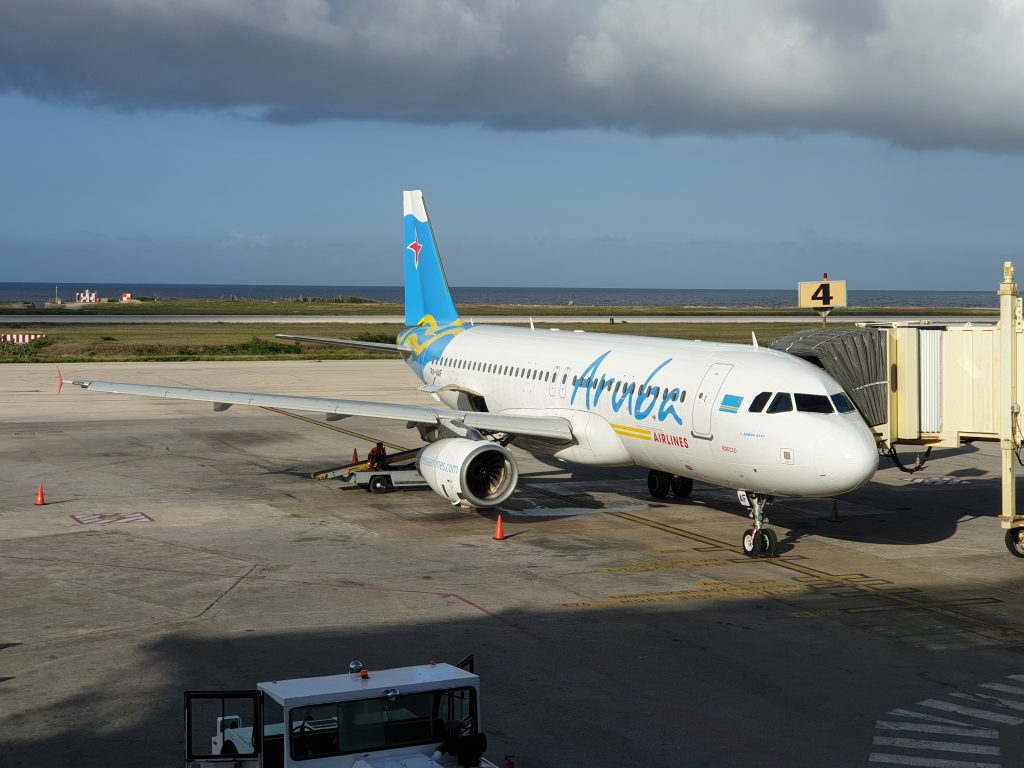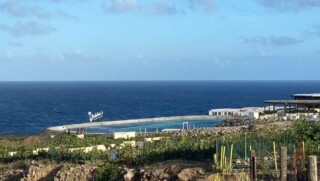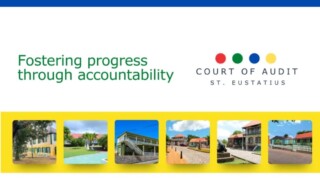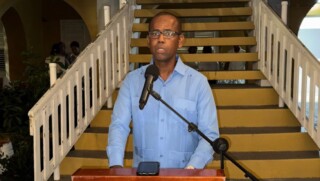Who Defends the interests of the Local Airline Industry? (Hint: Nobody)

By Harald Linkels
Since the start of the Covid-19 crisis, global aviation has hit an unprecedented turbulence. Even the two oldest airlines of the world, Dutch KLM and Colombian Avianca, both of which celebrated their 100th anniversary less than a year ago, ran into serious problems.
At KLM, the Dutch government had to provide about 4 billion euros in loans; Avianca filed for Chapter-11 bankruptcy protection and – subject to conditions – will receive more than $ 370 million in support from the Colombian government.
The support for KLM and Avianca does not stand alone. Governments around the world are reaching out to keep national and sometimes even private airlines afloat. No company can sustain a decline of more than 90% of its revenues; however strong it was before the crisis hit.
What is particularly devastating for the airlines, is that the costs cannot be reduced as easily or quickly as the revenue falls. After all, lease or financing expenses simply continue, and mandatory maintenance cannot be postponed just like that. Of course there are many other costs which continue, such as costs for operating licenses, parking fees or personnel-related costs.
The global airline crisis also raises the question of what “our” local governments are doing to ensure that airlines do not collapse, and flight connections disappear. As is often the case on our islands, Governments seem to think that the problems will solve themselves, or that global trends and laws do not apply to our islands.
What will the future hold for Winair, Divi Divi Air, EZ Air, JetAir Caribbean and Aruba Airlines, among others? The omens are not favorable. The local authorities are completely broke, and the Kingdom Government does not seem to consider itself a party to establishing – let alone maintaining – flight connections between the islands.
Although aviation in this region has always been complex, especially considering the turbulent history of ALM, the disintegration of the Antilles has resulted in a patchwork of authorities and governments, such as the ones in the Netherlands, Curaçao, Aruba and St. Maarten.
There is hardly any mutual coordination or joint approach when it comes to local aviation. To make matters even worse, Curaçao and St. Maarten slipped into a so-called FAA Category-II status a few years ago, which is a huge hurdle for local airlines. Due to the Category-II status, local airlines are not allowed to open any (new) US routes or enter into potentially profitable code-share agreements with larger US airlines.
But the worst is a total lack of ‘vision’ when it comes to (local) aviation. Especially Curaçao for years has been saying it wants to be a “logistical hub”. However, there is no coordinated or targeted Government action to create the necessary conditions. It is largely thanks to private initiatives by -among others- Insel Air and the controversial aviation entrepreneur Nelson Ramiz at the time of DAE, that something resembling an airline hub emerged for a few years with the transportation to the United States of Venezuelans, who could not fly directly from their own country.
Unfortunately, with the demise of DAE and later Insel Air, the total economic collapse of Venezuela and the FAA Category-II status, there is nothing left of this ‘hub’.
In addition, for Curaçao, the Government some years back has opted to outsource essential services, such as the airport, and Air Traffic Control. These parties are mainly focused on their own revenue and profitability, without a single soul appearing to wonder whether flying between the islands -or out of our islands to the region, for instance- can still be done in a cost-effective manner.
In a personal capacity, officials – and sometimes even individual organizations – admit that things cannot go well this way, but nobody takes the bull by the horns to achieve a rigorously different, and above all coordinated approach.
If I could argue for a ‘case’ that should be dealt with by a possible ‘Caribbean Reform Entity’ or simply by the Kingdom Government for that matter, then to me Aviation should certainly be one of the priorities. Flying between the islands is sometimes regarded as “luxury”, especially by the Kingdom government, but this is -by no means- correct. Just as a connection by train between Rotterdam and The Hague or between Maastricht and Groningen is not a luxury, flights between the islands are part of an essential infrastructure.
Dragging around with the issue, will lead to nothing. In fact, there is a real chance that the entire local aviation sector will implode. This while the aviation industry brings along high-level jobs – think of pilots and aircraft mechanics- and the fact that aviation is instrumental in the further development or maintenance of the main economic pillar for these islands: Tourism.
Who will take the first step? Probably nobody.























